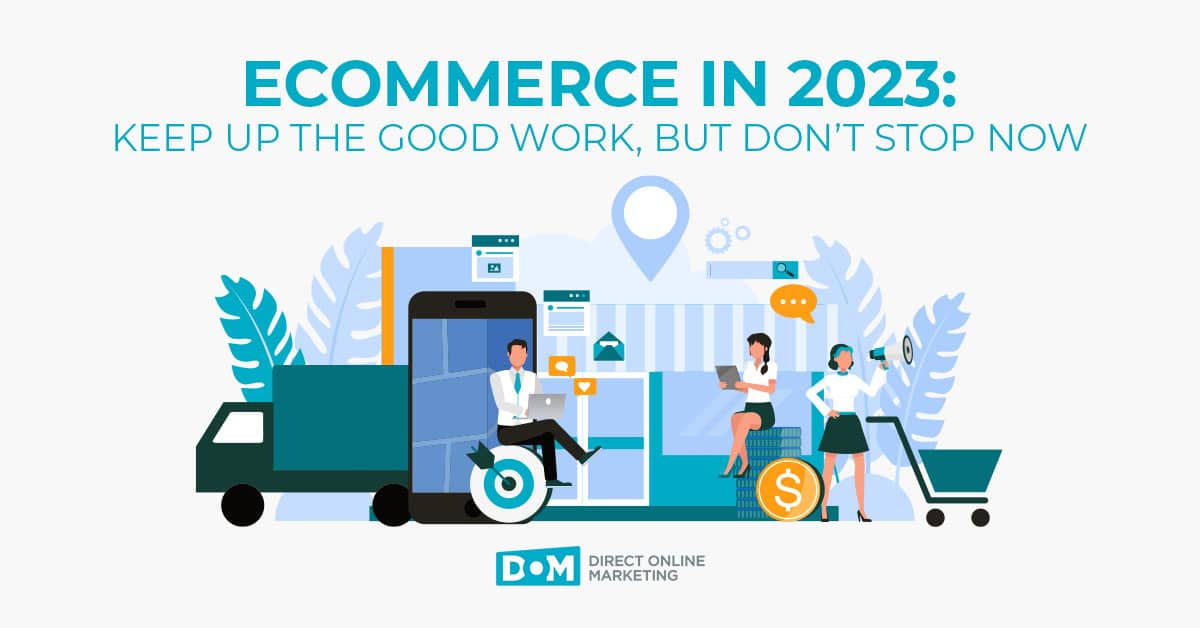Would somebody be so kind to inform me as to whether one is not only over the hill but quickly hurtling down the other side of it if the highlight of one’s weekend is purchasing a new bed? At what point in your life does this kind of thing become so frighteningly prominent? When does the idea of falling asleep on a Saturday night become the most interesting aspect of Saturday night?
I’d love to tell you I’m looking particularly gorgeous this Monday morning due to a weekend of uninterrupted beauty sleep on a brand spanking new mattress, but I’d be lying. Firstly, it’d take considerably longer than a weekend to put my pudgy face right. I’ve also had the mother of all toothaches – one of those blighters that doesn’t care how much it costs to rectify it – all weekend, which has hardly afforded me a wink.
I know, cry me a river. But, you’ll be pleased to know that my considerably better half has had a log of a time.
But if I had visited the land of nod I’d be better versed to answer the following quandary asked in this article: “What if you woke up one day to find that Google had slipped in popularity and several million users had migrated their searches to Yahoo!, Ask and MSN Live Search, or even one of the newer search engines like Snap.com?”
Prior to joining Direct Online Marketing™ the very thought of it may have filled me with the day and night terrors. Even though I’ve always done a bit with blogs and other forms of social media and managed to get referrals from other engines, I’ve always primarily optimized for Google.
The chart below shows the breakdown of online searches by engine share:
|
Share of Online Searches by Engine April 2007 – May 2007 Total U.S. Home, Work, and University Internet Users Source: comScore qSearch |
||||||||||||||||||||||||
|
The article manages to go into further detail about identifying your site objectives in order to devise an alternative search strategy.
- Ecommerce sites want to increase sales while decreasing marketing expenses.
- Content sites want to increase readership, visitor interest and site stickiness.
- Lead-generation sites want to increase segment leads.
- Self-service sites want to increase customer satisfaction while decreasing customer support costs.
- Social-networking sites want to increase membership numbers and the amount of member interactivity.
The above objectives require different optimization strategies and different measurement metrics. That said, consider starting by identifying your business goals, performing extensive keyword research and some basic predictive ROI modeling; then you’ll be prepared to take a look at executing a search marketing plan without Google.
Next, it is important to understand why businesses use search engines, a.k.a. interactive marketing, within their standard five-year marketing plans. Essentially there are five reasons:
1. Create brand awareness
2. Sell products/services
3. Generate leads
4. Drive traffic
5. Provide information
There’s plenty more. Also, it’s not a bad primer article for looking at the reasons to implement alternative search engine strategies. But, there’s one thing for sure – Google’s success is no flash in the pan, and I won’t be losing any sleep over it disappearing overnight.
While it’s never wise to throw every single egg you have into one basket, I’m pretty sure Google will be around for a while and so will all your various other engines with their own variants of PPC and organic listings.
In the meantime, if anybody knows of a decent dentist, please let me know.


